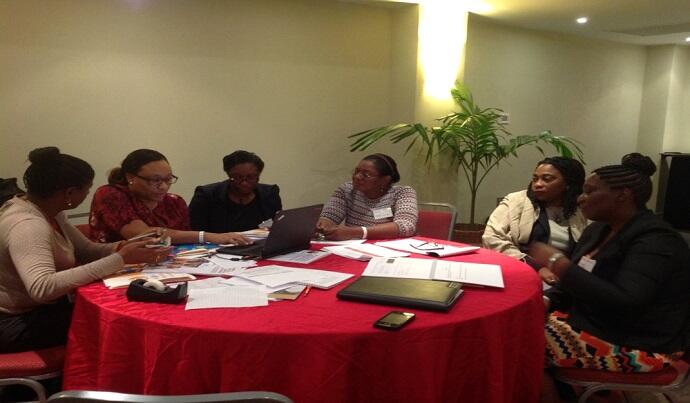Issues relating to adolescent sexual and reproductive health remain sensitive and controversial within the Caribbean. Many parents and adults mistakenly believe that even exposure to comprehensive sexuality education will corrupt children and encourage them to have sex. UNFPA along with its partners is working to clarify that providing quality education which includes access to comprehensive sexuality education and continuing education in instances where girls’ education is interrupted due to pregnancy is essential to ensuring the holistic development of young people.
Lack of access to sexual and reproductive health information and services combined with high risk taking behaviours among young people increases their vulnerability to a range of health risks. These include unintended pregnancies, sexually transmitted infections among others. By advocating for and putting in place effective policies and legislation, as well as programmes and services that address the root causes of adolescent health problems, UNFPA together with partners is seeking to protect the health and well-being of young people. The fund is also investing in the sustainable development of the countries it supports.
In the area of adolescent health, UNFPA is concerned about the standard of care that is available to young people and specifically ensuring that the regional health standards are in line with internationally agreed benchmarks. Accordingly, between April 27-28, 2015, seventeen Caribbean experts in adolescent health from ten Caribbean countries met in Jamaica to review their experiences with the provision of reproductive health services for adolescents and youth. Jamaica currently has established national standards for adolescent reproductive health (ASRH) and therefore served as a good practice for the review and development of a set of ASRH standards for the Caribbean. The World Health Organization (WHO) Global Standards for Quality Health Care for Adolescents also served as a guide. The Pan American Health Organization (PAHO), which is the WHO regional office for the Americas, supported UNFPA in hosting the meeting of experts.
Dr Mario Aguilar, SRH Advisor in the UNFPA Sub-regional Office for the Caribbean, explained that the purpose of setting standards is to ensure that adolescents have access to the information and services they need without discrimination. “The delivery of reproductive care including personnel and procedures must meet young people’s complete needs including for information and commodities in a holistic and ethical way that addresses the myths, honours confidentiality and privacy, is non - judgmental, youth friendly and respects the right to information.”
Establishing standards for youth friendly health services along with efforts now underway to develop a Draft Model Legislation for the OECS will enable Caribbean countries to honour agreed international conventions to ensure access to sexual and reproductive health information, care and services for adolescents and youth.


